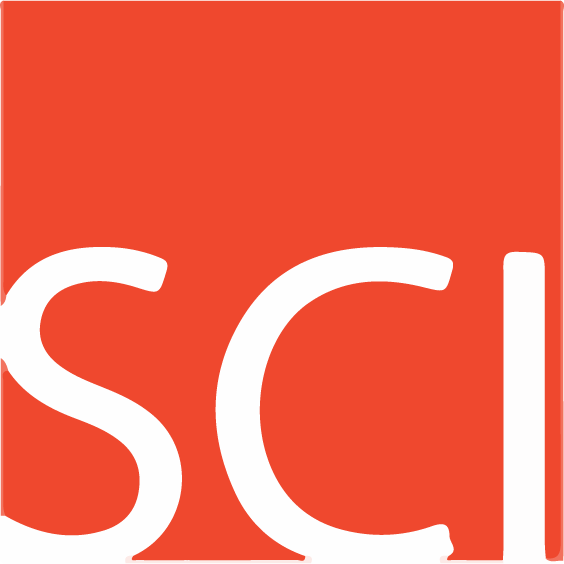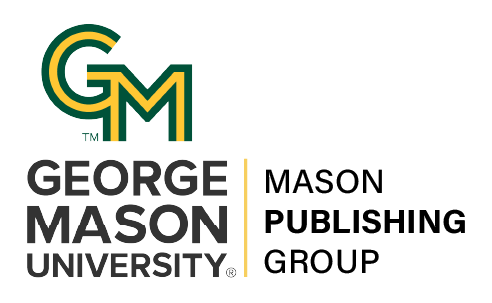Report from the "Who Decides?" Workgroup
DOI:
https://doi.org/10.13021/G8P30VAbstract
Who decides the future of open access, or, rather, who has the power to make decisions that can affect the future of open access? We believe that large scale, transformative, and inclusive progress on these questions can transpire when several entities, each with different complementary powers, convene to collaborate on win-win solutions. We offer three examples of such possible scenarios: the way scholars are evaluated, the way some innovations in scholarly publishing can be nurtured, and the way global cooperation can transform existing journals to open access.
OSI2016 Workgroup QuestionTied to [the] question of who should decide the future of open access, who should have the power to make changes to scholarly publishing practices? Do these powers flow from publishers, institutions, tenure committees, funding agencies, authors, or all of the above? All of the above? None of the above? What are the pros, cons, and consequences of different institutions and interest groups developing and implementing their own solutions (even the one-off variety)? Is federal oversight needed? Global coordination (through an organization like UNESCO)?



